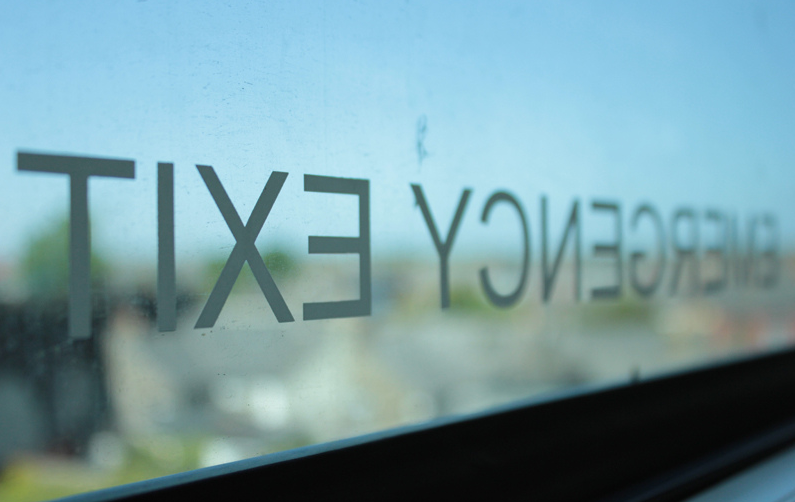
The amount of tears shed in Brazil this week is immeasurable. Last Sunday, more than 230 people died in a fire that took place in the nightclub Kiss, located in Santa Maria, Brazil.
The fire started at around 2:30 a.m. during a band’s pyrotechnics show, in which one of the flames touched the ceiling that, according to investigation, was made out of cardboard and acoustic material, causing the fire to spread rapidly.
Many things were said about what went on in the nightclub during those moments of desperation. People tried to run to the emergency exit, but it was poorly indicated. Many others rushed into one of the restrooms hoping for safety. Others found the exit, but were being stopped by security who, not aware of the intensity of the fire, were asking people to pay their bills first. The fire extinguishers were expired, and the nightclub owners recently admitted that they did not have the permit from the fire department.
While looking at the tragedy through newspaper covers, pictures of the families who were torn apart, and names of the victims, this becomes very real, and even more so because it’s an everyday lifestyle to most adolescents.
Gleisson Balen is a student at the Federal University of Santa Maria, here at Concordia on exchange.
“I kept thinking I could’ve been one of the victims of this tragedy,” he said. “I feel powerless, being so far away prevents me from helping anyone in my community, the only thing I can do is pray.”
Ask yourself how many times you walked into a nightclub and looked for the emergency exits, or if the documentation was up to date. It would surely be good to check, but people go to nightclubs to escape, to have fun, and definitely not to worry about the possibility of death.
In 2001, over a 100 people were injured and six were killed during a concert in Minas Gerais, Brazil. The fire started when a cascade of fireworks met the ceiling made out of styrofoam. Once again, it was proved that the venue was not able to meet with the fire department’s requirements; the extinguishers were expired, and there weren’t enough well indicated emergency exits.
In 2003, 96 people died in a nightclub in Rhode Island. The fire also started because of the handling of fireworks inside the nightclub. The walls and ceiling were made out of an acoustic foam that was highly inflammable. The story repeats itself, with not enough emergency exits and an overcrowded venue.
However, after the tragedy took place in Rhode Island, many actions were taken towards the owners, co-owners and the event organizers. State laws towards inspection of nightclubs were also changed.
Last but not least, yet another incident took place in Buenos Aires, Argentina in 2004. More than 190 people were killed and 1,400 were injured in the nightclub. The fire started with the use of pyrotechnics, with flames hitting the acoustic material and the venue soon enveloped in fire. The emergency exits were few and blocked by people who didn’t make it. Nonetheless, the people and the families involved ran after their rights, and the consequences towards those responsible were a fair price to pay.
It all comes down to the “it’ll never happen to us” mentality, until it does. And when it does, no one wants to take responsibility for the mess. In Brazil, bars and nightclubs are being inspected and families and friends of those affected are going to the streets and saying what needs to be said. On Monday, 35,000 people came out to the streets to honour those who had their lives taken. During the same week, over 300 people protested in favour of justice and change.
“Now all the nightclubs in Brazil are being rigorously inspected, many will be closed down,” Balen says. “This will probably last about a year or two, afterwards the profit will prevail.”
The tragedy here is not only the lives that were lost, but also the fact that tragedies like this have to happen in order to get things done. These are wake-up calls and the country’s government needs to stop hitting the snooze button.



